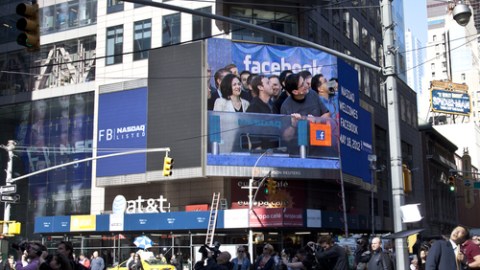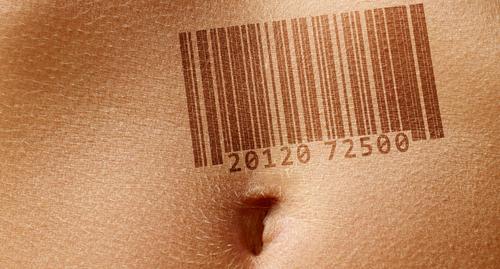Why Facebook Stock is Undervalued: Facebook Credits

First of all, I am not an analyst nor do I own any stock in any public company. The last time I did invest in a promising Internet company ended in a disaster, thanks to Deutsche Telekom.
Nonetheless, I believe the Facebook stock is undervalued. Everyone who believes in the company will tell you that there is huge potential in its 900 million users, but most of them will talk about new forms of advertising or tailored experiences through the social graph. I think that’s all small change and not the true money maker. Advertising revenue is far too unstable to build a lasting company, even Google has been spreading out into other verticals for a while now which I believe is pretty telling. No, the true value of Facebook lies in its own currency: Facebook Credits.
No one is talking about it as at the moment Facebook Credits are just a convenient way to get access to games on the social network, but I don’t believe that this is the real plan behind having your own currency. As I had a pretty successful online teaching career, I noticed early on how difficult it still is to send and receive online payments in the global market today. There are huge parts of the world’s population who have access to the Internet but cannot pay for goods and services, even if they want to. One could say, there is a large group of Internet window shoppers out there.
I have been actively teaching between late 2008 and early 2010 but astonishingly not much seems to have changed in the meanwhile when I checked the different options lately. Some startups in the education space put in some really heavy work to offer as many payment methods as possible, for example italki was famous for adding one more payment provider every couple of months. Yet, it did not help them to reach a really big market.
The reason for this is probably convenience and a lack choice. Most of these payment methods involve several steps, it’s not comparable with simply recharging your PayPal account. If you take cashU as an example, a quite popular payment method in the Middle East and North Africa, you need to find a shop that sells the cashU cards which can be a first hurdle to clear. And the percentage the provider takes for the amount you charge on the card is also pretty hefty. Last but not least, you have to calculate what amount you charge to use the card efficiently as you don’t want to have money left on the card that you cannot use. All in all, many steps to take that are contrary to the usual impulsive behavior of buying on the Internet.
I also don’t think that people will go through all this in order to get access to one particular service. You would really, really want to learn something with a particular provider in order to invest all that time and hustle. If you don’t have at least ten different options to spend your money on you might as well do just fine without even this one option.
Facebook Credits on the other hand are the perfect solution to all of this. Firstly, most of these potential clients are on Facebook and very familiar (probably more than I am) with the different games and services the social network is offering. If (as soon as) Facebook offered its prepaid cards in shops in the Middle East, India, China, Africa, South America etc advertising revenue would look like peanuts.
Sure, there have been many storefronts closed on Facebook lately but then Facebook did not really push for its currency yet. Most payments were done by other providers what added an extra and unnecessary layer to the process. Facebook payments need to work like Amazon, e.g. one-click-payment and that would be the case with Credits.
Facebook already did tests with those cards in the US and the results seemed to be promising. And as soon as you add Facebook’s mobile strategy to the picture, you’ll get another potential revenue stream: mobile banking & p2p payments. Facebook Credits on mobile phones could become a huge competitor for M-PESA as Facebook would be able to offer far more additional services like online shopping for instance. As recent as February, Facebook made a partnership with Orange to bring the social network via Unstructured Supplementary Service Data (USSD) to Africa.
Of course, Facebook Credits would also spread into the real world. There is no reason why you should not be able to pay for your espresso with Facebook Credits. And that ties in check-ins, reward programs, personalized coupons & ads – you name it.
All in all, Facebook Credits have the potential to become a kind of unofficial world currency and Facebook would earn on each single transaction. That’s the true power of 900 million users, forget the ads.
Picture lev radin / Shutterstock.com





